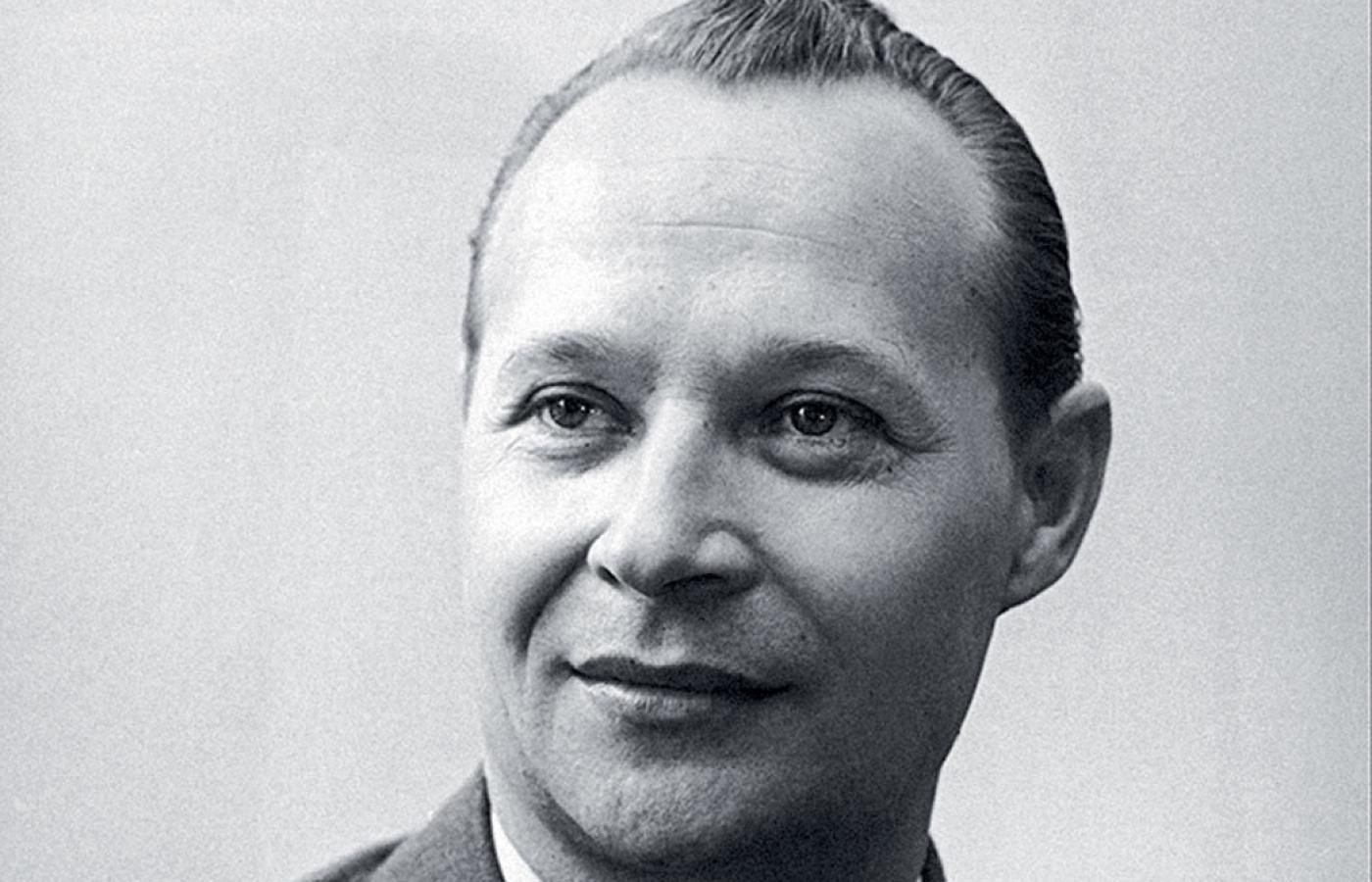He was the architect of the Prague spring, they ended his power with the Russian coup: Who is Alexander Dubček?
The reform program he implemented during his time as first secretary of the Communist Party of Czechoslovakia (KSC) ended with the occupation of Czechoslovakia by the USSR and the Warsaw Pact member states in August 1968.

The Prague Spring (Czech: Pražské jaro) was a period that began on January 5, 1968, during which Czechoslovakia tried to liberalize politically. It started with Alexander Dubček's coming to power and ended with the invasion of the country by the Soviet Union and its Warsaw Pact allies (except Romania) on the night of 20-21 August of the same year.
Starting from the early 1960s, Czechoslovakia began to enter an economic bottleneck. At the beginning of 1968, the leader of the Communist Party of Slovakia, Alexander Dubček, replaced Antonín Novotný as the head of the Communist Party of Czechoslovakia. On 22 March 1968, Novotný resigned from the Presidency and was replaced by Ludvík Svoboda. Svoboda initially pursued a policy in favor of reforms.
Alexander Dubček (27 November 1921 – 7 November 1992) was a Slovak statesman who served as the First Secretary of the Presidium of the Central Committee of the Communist Party of Czechoslovakia (KSČ) (de facto leader of Czechoslovakia) from January 1968 to April 1969 and as Chairman of the Federal Assembly from 1989 to 1992 following the Velvet Revolution. He oversaw significant reforms to the communist system during a period that became known as the Prague Spring, but his reforms were reversed and he was eventually sidelined following the Warsaw Pact invasion in August 1968.
In April, Dubček took the first steps of his liberalization policy. This policy included various and important regulations such as liberating the press, giving importance to consumer goods, and even establishing a more democratic and multi-party government. In this context, a federal constitution was written and the division of the Czechoslovakian Socialist Republic into two equal nations was also planned.
However, all these events particularly disturbed the Soviet Union. He did not want the Prague Spring to spread to other Eastern Bloc countries. This situation ended with the invasion of Czechoslovakia on the night of 20-21 August. During the occupation, around 5,000 - 7,000 tanks and 200,000 - 600,000 soldiers entered Czechoslovakia. In Prague, people tried to prevent the tanks from advancing, but they were unsuccessful. There were occasional clashes between civilians and soldiers affiliated with the Warsaw Pact. During the fighting, 72 Czechoslovakians died and hundreds were injured. As a result of the occupation, around 300,000 people were forced to migrate to Western countries. Dubcek was arrested and exiled to Ankara in 1970.
Interesting details from his life story
During his childhood, he lived as an immigrant in the Soviet Union, where he went with his father, Stefan Dubcek. He received his education in Kyrgyzstan. He worked as a monitor in an industrial cooperative founded by his father. He returned to Czechoslovakia with his family in 1938. He became a member of the Czechoslovak Communist Party in 1939.
During World War II, he joined the underground resistance organization called the Slovak National Uprising and fought against the German occupation forces. He was wounded twice in this battle. After the war, he rose steadily within the Communist Party. He went to the Soviet Union in 1955 and graduated from the Higher Political Studies School. Returning to his hometown in 1958, he became the first secretary of the regional committee in Bratislava and a Member of the Central Committee of both the Slovak and Czechoslovak communist parties. In 1962, he was appointed as a full member of the party presidium elected by the KSC Central Committee. In 1963, he was elected first secretary of the Slovak branch.
On January 5, 1968, he replaced Antonin Novotni as the first secretary of the Czechoslovak Communist Party. During the 1968 Czechoslovakia events, after the military units of the Warsaw Pact countries entered the country, he was removed from his post in April 1969 and became the President of the Federal Assembly. He was appointed as ambassador to Ankara on January 26, 1970, but was dismissed from this position on June 25, 1970, and was later removed from party membership.
